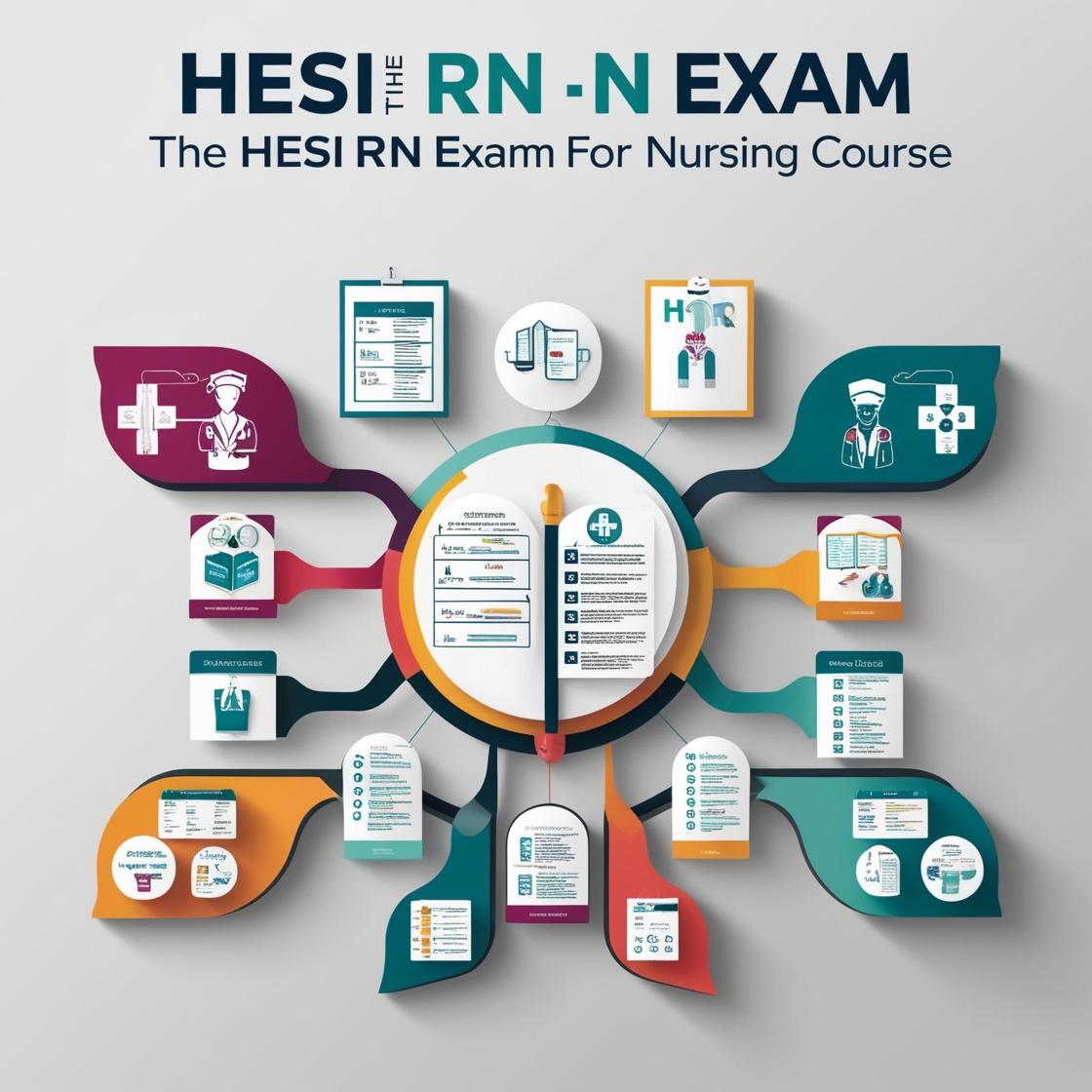HESI RN
Mental Health HESI
1. A male adolescent was admitted to the unit two days ago for depression. When the mental health nurse tries to interview the client to establish rapport, he becomes very irritated and sarcastic. Which action is best for the nurse to take?
- A. Offer to play a game of cards with the client.
- B. Report the behavior to the next shift.
- C. Document the behavior in the chart.
- D. Plan to talk with the client the next day.
Correct answer: A
Rationale: Offering to play a game of cards with the adolescent is the best action for the nurse to take in this situation. Engaging in an activity like playing a game can help establish rapport with the adolescent as it provides a more relaxed and non-threatening environment for communication. This approach can help the adolescent feel more comfortable and open up, as adolescents often find it easier to communicate when involved in an activity. Reporting the behavior to the next shift, documenting the behavior, or planning to talk with the client the next day do not directly address the immediate need to establish rapport and improve communication with the adolescent.
2. The RN is leading a group on the inpatient psychiatric unit. Which approach should the RN use during the working phase of group development?
- A. Establishing a rapport with group members.
- B. Clarifying the nurse’s role and clients’ responsibilities.
- C. Discussing ways to use new coping skills learned.
- D. Helping clients identify areas of problems in their lives.
Correct answer: C
Rationale: During the working phase of group development, the focus should be on discussing and applying new coping skills to promote progress. This helps group members to practice and implement the skills they have learned, leading to positive outcomes. Choices A, B, and D are not ideal during the working phase. While establishing rapport is important, it is more relevant during the initial orientation phase. Clarifying roles and responsibilities is important at the beginning of group formation, and helping clients identify areas of problem in their lives is often part of the exploration phase, not the working phase.
3. A healthcare professional is preparing to provide medication education to a client who has just been prescribed an antipsychotic medication. What should the healthcare professional include in the teaching plan?
- A. “You should have regular eye exams.â€
- B. “It is important to avoid caffeine while on this medication.â€
- C. “You may experience dry mouth and blurred vision.â€
- D. “You should increase your intake of vitamin C to prevent side effects.â€
Correct answer: C
Rationale: The correct answer is C. Antipsychotic medications often have anticholinergic side effects like dry mouth and blurred vision. Teaching the client about these potential side effects is essential for their understanding and management. Regular eye exams (Choice A) are not specifically related to antipsychotic medications. While avoiding caffeine (Choice B) might be a general good practice, it is not a specific side effect of antipsychotic medications. Increasing vitamin C intake (Choice D) is not a standard recommendation for preventing antipsychotic medication side effects.
4. What assessment questions should the nurse ask when attempting to determine a teenager’s mental health resilience? Select all that apply.
- A. How did you cope when your father deployed with the Army for a year in Iraq?
- B. Who did you go to for advice while your father was away for a year in Iraq?
- C. How do you feel about talking to a mental health counselor?
- D. Where do you see yourself in 10 years?
Correct answer: C
Rationale: The question 'How do you feel about talking to a mental health counselor?' is the most appropriate to assess the teenager's mental health resilience as it directly addresses their willingness to seek help and cope effectively. Choices A and B focus on coping mechanisms during a specific event, which may not reflect the teenager's overall resilience. Choice D is more related to future aspirations rather than assessing current mental health resilience.
5. When developing a plan of care for a client admitted to the psychiatric unit following aspiration of a caustic material related to a suicide attempt, which nursing problem has the highest priority?
- A. Impaired comfort.
- B. Risk for injury.
- C. Ineffective breathing pattern.
- D. Ineffective coping.
Correct answer: C
Rationale: Ineffective breathing pattern is the highest priority nursing problem in this scenario because aspiration of a caustic material can lead to serious airway and respiratory issues. This poses an immediate threat to the client's life and requires urgent intervention to ensure adequate oxygenation and ventilation. The other options, such as Impaired comfort, Risk for injury, and Ineffective coping, are important but are secondary concerns compared to the critical nature of respiratory compromise in this situation.
Similar Questions

Access More Features
HESI RN Basic
$69.99/ 30 days
- 50,000 Questions with answers
- All HESI courses Coverage
- 30 days access @ $69.99
HESI RN Premium
$149.99/ 90 days
- 50,000 Questions with answers
- All HESI courses Coverage
- 30 days access @ $149.99
